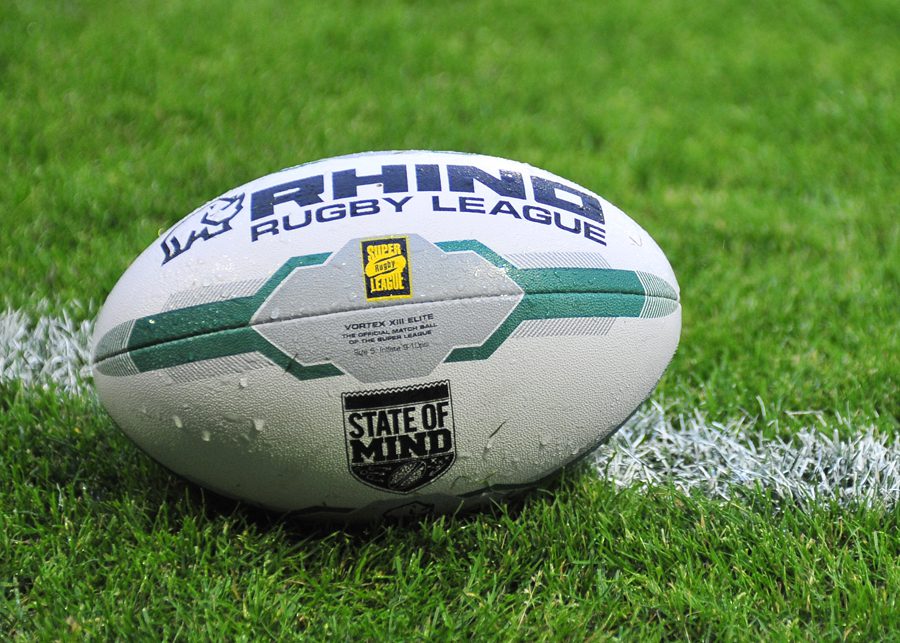A drug to treat a particular form of Duchenne muscular dystrophy has been given the green light by the European Medicines Agency and could be available in the UK in six months.
Translarna is only relevant to patients with a ‘nonsense mutation’, who make up 10-15% of those affected by Duchenne. The EMA decided not to pass the drug in January, but they have since re-examined the evidence. A campaign group said the drug must reach the right children without delay.
This decision by the EMA is fantastic news” Robert Meadowcroft
The campaign in Rugby League ‘Joining Jack’ have highlighted the issues to develop and make treatment available and if you would like to donate click on the link www.joiningjack.org/
There are currently no approved therapies available for this life-threatening condition. The patients who will benefit the most are those aged five years and over who are still able to walk, the EMA said. Duchenne muscular dystrophy is a genetic disease that gradually causes weakness and loss of muscle function.
Patients with the condition lack normal dystrophin, a protein found in muscles, which helps to protect muscles from injury.
In patients with the disease, the muscles become damaged and eventually stop working.
There are 2,400 children in the UK living with muscular dystrophy, but only those whose condition is caused by a particular ‘nonsense mutation’ – namely 200 children – are suitable to use Translarna.
The Muscular Dystrophy Campaign is calling for urgent meetings with National Institute of Health of Care Excellence (NICE) and NHS England to discuss how Translarna can be cleared for approval and use in the UK.
It said families in the UK could have access to the drug by spring 2015.
Robert Meadowcroft, chief executive of the campaign, said: “This decision by the EMA is fantastic news.
“Most of those diagnosed with Duchenne muscular dystrophy, usually before the age of five, will use a powered wheelchair before they are 12, will not have the muscle strength to pick up a glass of water by the age of 20 and will not live to see their 30th birthday.

